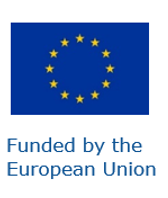Rationale and background
Harmful particles such as nanoplastics can be found in bottled drinking water. More knowledge is therefore needed regarding the risks of nanoplastics to human health. This can be achieved with new methodologies that characterise nanoplastics released into water from commercial bottles. The EU-funded CE4Plastics project aims to advance methods to identify and quantify nanoplastics released into drinking water from single-use and reusable plastic bottles. To characterise nanoplastic particles, it will examine the feasibility of capillary electrophoresis, a method that separates molecules in an electric field according to size and charge. The project will also raise the public’s awareness of the risks posed by nanoplastics.



